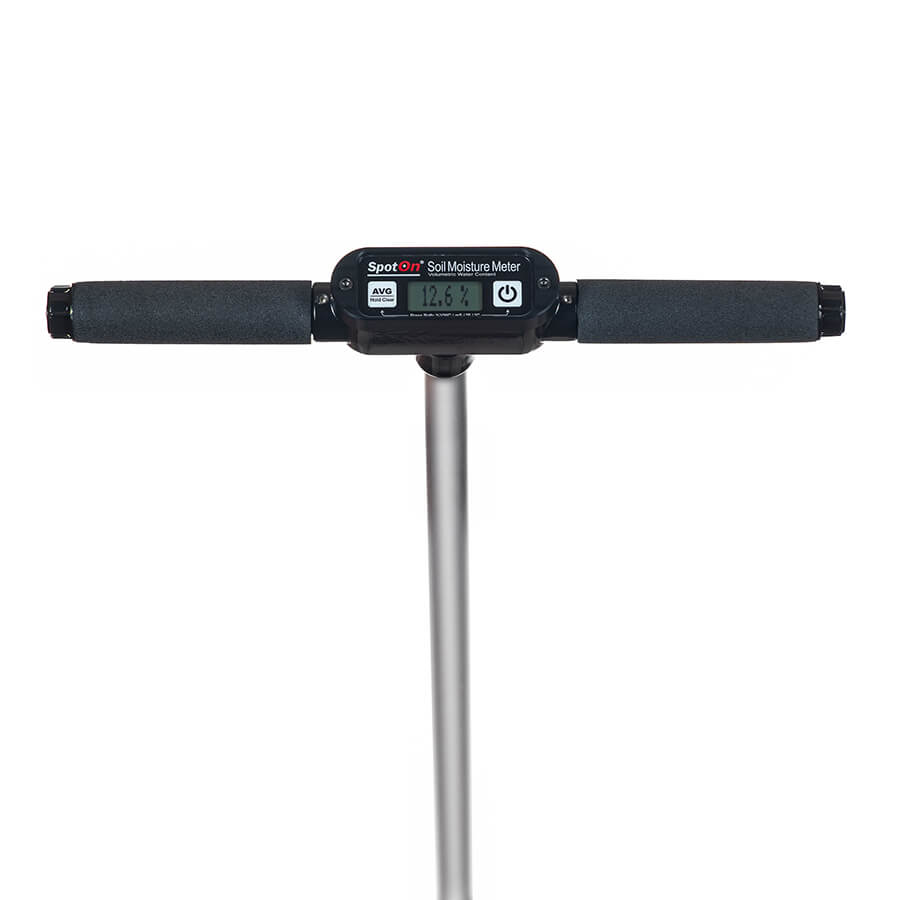Moisture Meter Reviews: Contrasting the most effective Models for Expert and Do It Yourself Usage
The Ultimate Guide to Dampness Meters: A Comprehensive Review and How They Can Save You Cash
In the world of building maintenance, construction, and numerous markets, the significance of accurately gauging wetness levels can not be overemphasized. Wetness meters work as crucial tools in discovering and monitoring moisture web content in materials, aiding in stopping costly problems and making sure the quality of items. Understanding the subtleties of different kinds of moisture meters, their applications, and the possible cost-saving benefits they offer can be a game-changer for specialists and organizations alike. Finding how these gadgets can not only enhance procedures however additionally contribute to monetary savings is a journey worth beginning on.
Sorts Of Moisture Meters
One typical type is the pin-type wetness meter, which determines the electric resistance between 2 pins placed into a material. Pinless wetness meters, on the other hand, usage electro-magnetic sensing unit plates to check a larger area without causing damage to the material's surface area.

Infrared moisture meters measure the thermal homes of a product to determine its wetness content non-invasively, making them beneficial for applications where pin or pinless meters might not be suitable. Comprehending the various kinds of moisture meters offered can aid industries select the most appropriate device for their particular wetness dimension requirements.

Advantages of Using Dampness Meters
Wetness meters supply invaluable benefits in properly assessing and keeping track of dampness degrees in varied materials and environments. One of the key benefits of making use of wetness meters is the prevention of potential damages triggered by excess wetness.
Additionally, using moisture meters can bring about boosted energy efficiency. By recognizing locations with high moisture degrees, such as leakages or poor insulation, changes can be made to enhance energy preservation and decrease utility expenses. In agricultural setups, wetness meters play an essential role in enhancing crop returns by allowing farmers to monitor dirt moisture degrees and make informed watering decisions. On the whole, the benefits of making use of wetness meters extend across various markets, providing economical services and advertising better top quality control methods.
How to Choose the Right Wetness Meter
Selecting the proper dampness meter involves considering essential elements such as product compatibility, dimension range, and calibration precision. When choosing a dampness meter, it's vital to make sure that the meter is suitable for the specific material you will be testing. Various products have differing electric residential properties that can influence moisture readings, so selecting a meter developed for your product is critical for exact outcomes. Additionally, consider the measurement range of the wetness meter. Guarantee that the meter can find dampness degrees within the array needed for your applications. Calibration precision is an additional critical element to keep in mind. Opt for a moisture meter with reputable calibration to ensure constant and accurate readings. Some meters may require routine calibration changes, so recognizing the calibration procedure is vital. By thoroughly examining these aspects, you can select a wetness meter that meets your requirements and offers accurate dampness dimensions for your jobs.
Correct Methods for Moisture Meter Use

Expense Cost Savings With Wetness Meter Applications
Exactly how can the critical use of moisture meters lead to considerable expense savings throughout different sectors? In the agriculture industry, moisture meters help in figuring out the optimal time for harvesting plants, stopping excess or over-drying moisture that can affect the last item's quality.
Likewise, in construction, wetness meters assist prevent expensive problems by spotting moisture levels in structure materials, such as timber or concrete, which can cause architectural concerns if not addressed without delay. By determining trouble locations beforehand, specialists can take rehabilitative procedures to avoid extensive repair work or replacements, ultimately conserving money and time.
Additionally, in the food handling sector, wetness meters are important for checking item high quality and ensuring compliance with safety laws. By properly determining moisture web content in food items, producers can protect against wasting, maintain freshness, and lower waste, causing considerable price financial savings. Generally, the strategic application of look at this now moisture meters is a useful investment that can lead to considerable expense reductions and enhanced effectiveness across numerous industries.
Final Thought
In conclusion, wetness meters are important tools for detecting and gauging dampness degrees in various products. By using the right moisture meter and following appropriate methods, individuals can efficiently protect against pricey damages triggered by excess wetness. Investing in a high quality dampness meter can lead to considerable cost financial savings in the navigate to these guys long run by identifying potential concerns early on and allowing punctual remediation. Eventually, dampness meters are vital instruments for preserving the stability and durability of frameworks and products.
Wetness meters offer as vital devices in spotting and monitoring moisture material in materials, helping in preventing expensive damages and guaranteeing the high quality of products. Infrared dampness meters measure the thermal properties of a material to establish its moisture material non-invasively, making them valuable for applications where pin or pinless meters may not be appropriate.Dampness meters offer vital benefits in accurately examining and checking dampness degrees in varied products and environments. In agricultural settings, wetness meters play a critical function in enhancing plant yields by enabling farmers to monitor soil wetness degrees and make educated watering choices.In verdict, dampness meters are valuable tools for spotting and determining dampness degrees in numerous products.